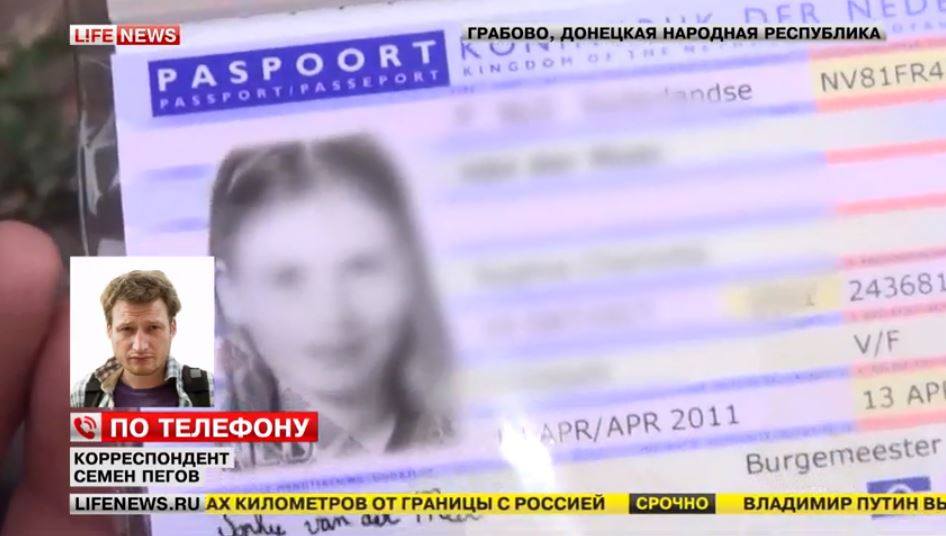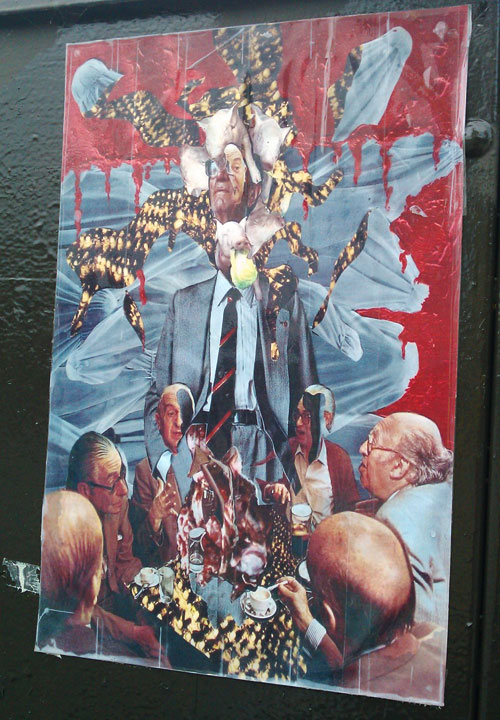Reports of a plane crash pour into my Twitter stream pretty early in the morning.
By afternoon, the pictures come – first of plane parts, then bodies.
Next, links to graphic Russian news streams, airing passports of children and AIDS researchers.
The news stream is also dotted with memorial posts to some actress I’ve never heard of.
Then come the flares of Israelis entering Gaza, and a White House lockdown due a suspicious package.
My favorite German tabloids quickly switch from soccer coverage to assigning blame. More gory pictures follow.

German Tabloid blaming the Russians for the MH17 crash.
From my laptop in Minnesota, I spend half of my work day watching New York reporters retweeting horrors from around the world.
It is captivating, depressing, and stressful.
It’s also a huge waste of time. I should have ignored the news and just gone to a horror movie during lunch – it would have accomplished the same thing.
Breaking News as Entertainment
Tim Ferris describes going on a “news diet” in one of his books. Ferris boosts his productivity and stays focused by skimming daily headlines instead of getting lost in stories.
The rationale for this news diet is that “news” – especially international news – is just a form of entertainment for most of us.
In this sense “entertainment” is akin to watching a horror film, documentary, or particularly lurid reality show.
Americans typically pay attention to international stories when there’s an element of tragedy or sensationalism. It’s a form of morbid entertainment.
Sure, it is more socially acceptable to be preoccupied with a foreign tragedy than the legal problems of a Bravo Housewife, but these events are equally irrelevant to the lives of most Americans.
Knowing the intimate, breaking details of foreign atrocity doesn’t change the outcome.
I followed play-by-play coverage of the Crimea invasion from my computer screen. I also read endless coverage about suicide bombings in distant lands, drug cartel murders, substandard labor conditions, tax fraud, poor Emmy dresses, and celebrity meltdowns.
No article, picture, graphic live stream, or amount of “informed outrage” on my part is going to change the course of these events or have a meaningful impact on my life.
It’s a form of work day distraction.
It’s entertainment.
I’m acutely aware that I’m “goofing off” when I’m on TMZ or Buzzfeed during the day. Maybe it’s time for me to start considering trolling Reuters, BBC and Politico as the same type of behavior.
Journalistic Sausage-Making
One of the great things about Twitter is that you can watch news stories break in real time. Simply create a “list column” of reporters in Tweetdeck and you’ll see a steady stream of retweeted photos and links.
Twitter is how I watched the Boston Marathon attacks unfold.
The problem is that vast majority of these Twitter reporters aren’t on-scene. Breaking events are an echo-chamber of unverified sources, theft, rumor, and doctored images.
Sifting through the crap is a highly entertaining exercise, but I don’t really gain any more information than I receive during the 5 p.m. MPR News recap on the way home from work. It’s just an educated way of goofing off, and probably something I should stop.



No Comments